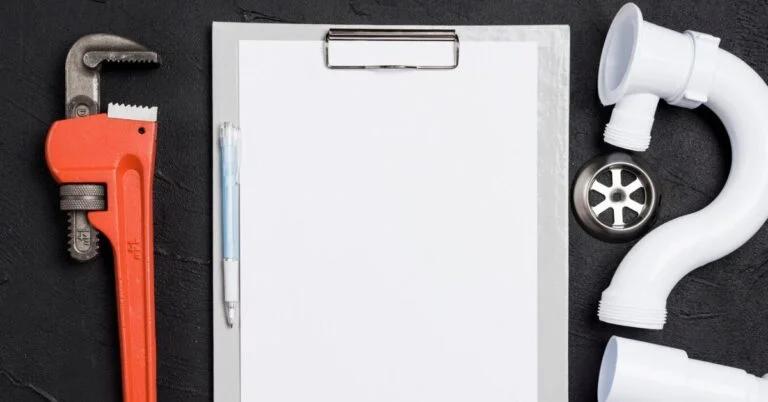Certified Public Accountants (CPAs): What They Do and Why You Need One
Certified Public Accountants (CPAs) are highly qualified financial professionals who provide expertise in accounting, tax planning, auditing, and financial consulting. They undergo rigorous education, examination, and licensing requirements to ensure they meet the highest standards in the field. Whether you’re an individual taxpayer, a small business owner, or a large corporation, a CPA can help you navigate complex financial matters with confidence.
What Does a CPA Do?
CPAs offer a wide range of services, including:
- Tax Preparation & Planning – Helping individuals and businesses file accurate tax returns while minimizing liabilities.
- Auditing & Assurance – Reviewing financial statements to ensure compliance and accuracy.
- Financial Consulting – Advising on budgeting, investments, and business growth strategies.
- Forensic Accounting – Investigating financial fraud or discrepancies.
- Estate & Retirement Planning – Assisting with wealth management and future financial security.
Why Hire a CPA?
- Expertise & Accuracy – CPAs stay updated on tax laws and accounting standards.
- Time & Stress Savings – They handle complex financial tasks so you don’t have to.
- Audit Support – If audited by the IRS, a CPA can represent you.
- Business Growth – CPAs provide insights to improve profitability and efficiency.
How to Become a CPA
- Education – Earn a bachelor’s degree in accounting or a related field (150 credit hours required in most states).
- CPA Exam – Pass the rigorous four-part Uniform CPA Examination.
- Experience – Complete 1-2 years of accounting work under a licensed CPA.
- Licensing – Apply for a state license and meet ethics requirements.
FAQs About CPAs
1. What’s the difference between a CPA and an accountant?
- Accountant: A general term for professionals who handle financial records.
- CPA: A licensed accountant who has passed the CPA exam, met state requirements, and can perform audits, represent clients before the IRS, and provide higher-level financial advice.
2. When should I hire a CPA?
Consider hiring a CPA if you:
- Own a business
- Are facing an IRS audit
- Need tax planning for investments or estate matters
- Want to ensure financial compliance
3. How much does a CPA cost?
Fees vary based on services:
- Tax preparation: $200–$500+
- Business consulting: $150–$300/hour
- Audits: $1,000+ (depending on complexity)
4. Can a CPA help with IRS problems?
Yes! CPAs can negotiate with the IRS, handle audits, and set up payment plans.
5. Do I need a CPA for personal taxes?
If your taxes are simple (W-2 income, standard deductions), you may not need one. However, if you have investments, rental properties, or freelance income, a CPA can help maximize deductions.
6. How do I verify a CPA’s license?
Check your state’s Board of Accountancy website to confirm their license status.
7. Can a CPA provide legal advice?
No, but they can work alongside attorneys for tax and financial matters.
8. Are CPAs required for small businesses?
Not required, but highly recommended for tax compliance, payroll, and financial strategy.
Conclusion
A CPA is a valuable partner for individuals and businesses seeking financial clarity, tax efficiency, and long-term success. Whether you need help filing taxes, auditing financial statements, or planning for the future, a CPA ensures accuracy and compliance with ever-changing regulations.
Need a CPA? Look for licensed professionals with experience in your specific needs—whether it’s personal finance, business accounting, or IRS representation.







